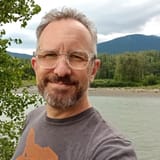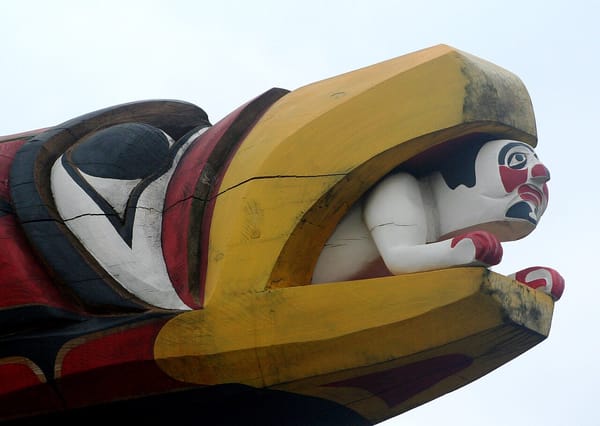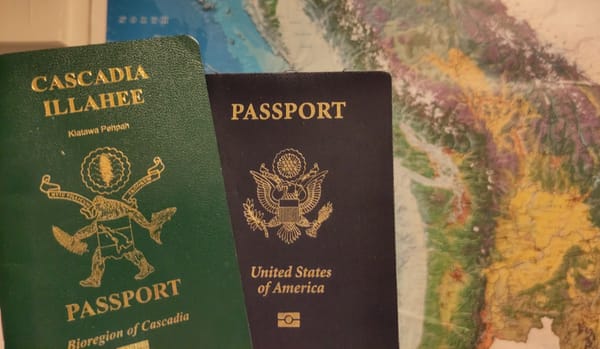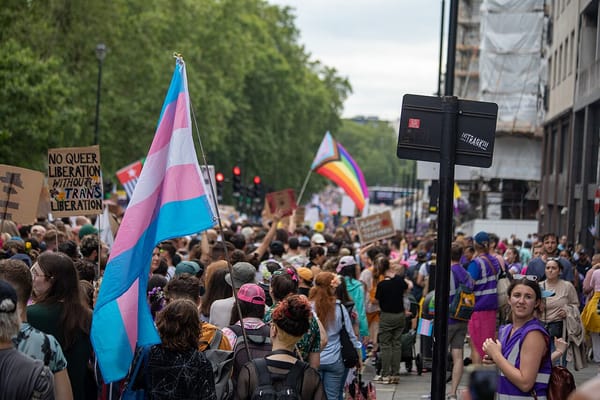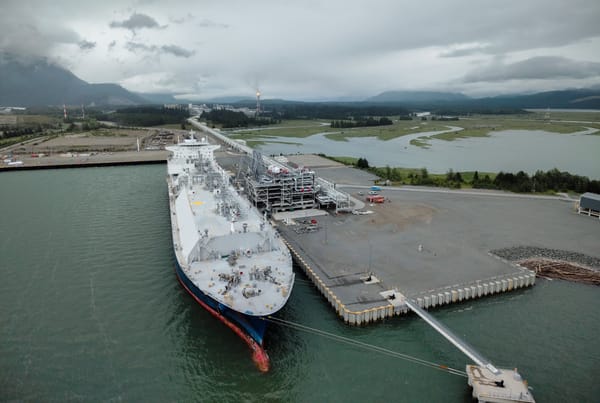Thinking Cascadian
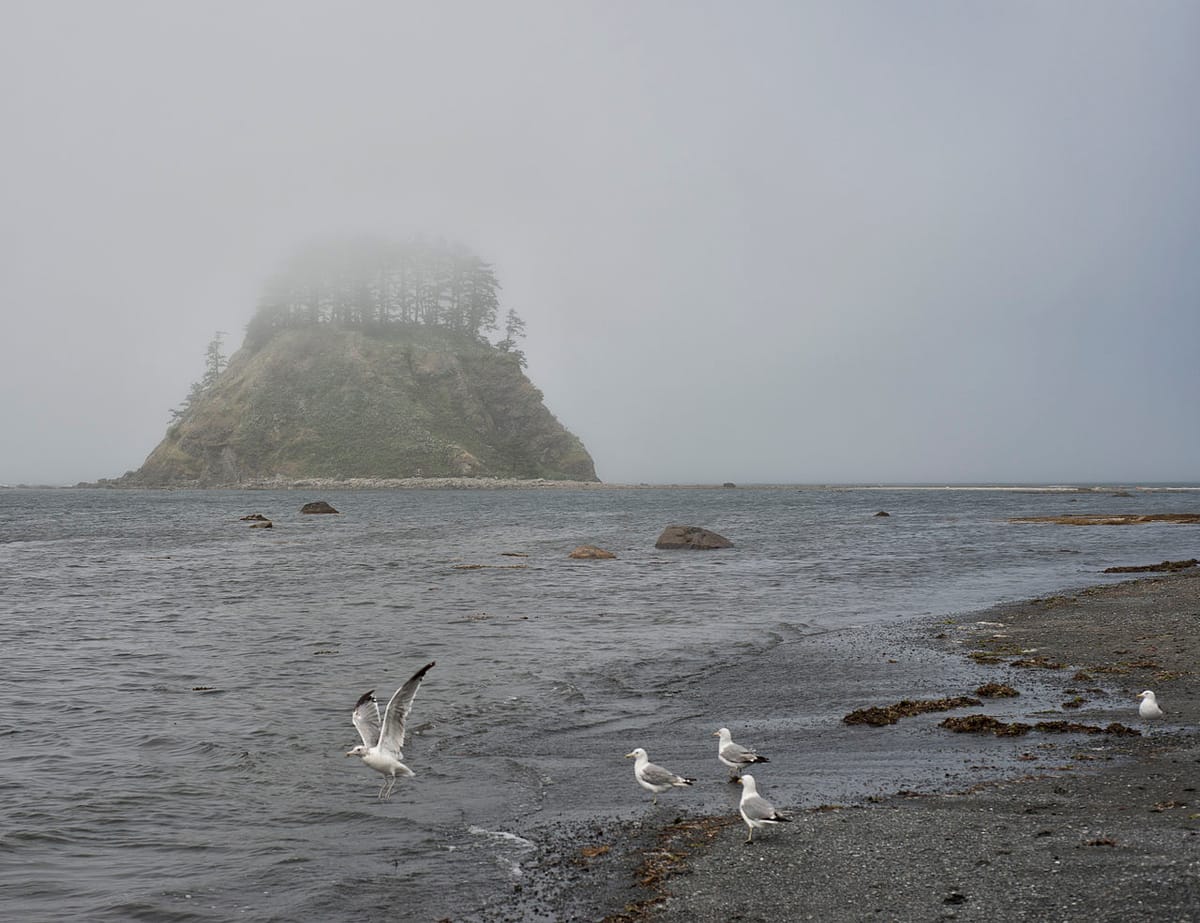
At the westernmost point of what we now call Washington State, I like to sit and think about the past.
Cape Alava is magical place where forests of Sitka spruce meet the rocky shores of the Pacific. It's a landscape where deer wander into the surf, tide pools teem with anemones, and where descendants of the Makah and Quinault people carved petroglyphs into basalt boulders.
I was born in Washington state – one of the few people in the Pacific Northwest these days who isn't a transplant from somewhere else. But it turns out that all of us who reside here are only a footnote to history of Indigenous people who have lived in Cascadia since time immemorial – fishing for salmon, weaving cedar baskets, living in long houses, and creating a rich cultural tradition.
In 2025, as the United States crumbles under an increasingly authoritarian government, I believe it's important to start thinking beyond the rigid borders of nation states. Cascadia, a land that ranges from soggy rainforests to arid sagebrush steppe, is a bioregion that crosses borders of Canada, the US, as well as a variety of states and provinces. It has a deep history we should connect with in our current crisis.
As the Trump administration ignores the constitution, defies the law, confiscates taxes paid and allotted by representatives of the people who live here, threatens our human rights, and ignores the environmental crisis we know all too well in Cascadia, it's time to start thinking in new ways.
I love many things about the United States: its rich musical and artistic history, its aspirations toward democracy and freedom of expression (even if those aspirations were built upon a legacy of genocide and slavery). But when I lived overseas in Vietnam and Switzerland a decade ago, I began to better appreciate my connections to the Pacific Northwest. I love Seattle, the city I've long called home. And I'm deeply rooted in Cascadia among communities of friends, queer people, and artists. I adore the vibrancy of its cities and the passion of the many progressive activists I've met here. And I'm always in awe of the stunning ecosystems of mountains, deserts, and coastlines I've explored in the Northwest.
What does thinking Cascadian mean to me? It means that when my home is threatened by a federal government run by fascists and incompetents, I do what I can to defend it peacefully. I've started this newsletter. I'm becoming more involved in non-violent activism seeking more independence for Cascadia. I'm building relationships with people and organizations who care about this land and the people who inhabit it.
If you to join me in doing more, here are a few places to start:
- Read my essay "What is Cascadia?"
- Learn more about the movement at Cascadia Department of Bioregion
- Sign up for alerts from the political coalition Cascadia Democratic Action
- Give back to your community by volunteering for Seattle Food Not Bombs, the Portland Mutual Aid Network, the Washington Immigrant Solidarity Network, or the Portland Immigrant Rights Coalition.
- Support trans people by donating to the Gender Justice League.
- Attend a May Day protest.
- Oh, and get out to the coast and spend time watching the waves.
--Andrew Engelson
I'm four subscribers short of meeting my goal of twenty new paid supporters in the month of April. Will you help out by signing up for just $5 a month? Thanks!

